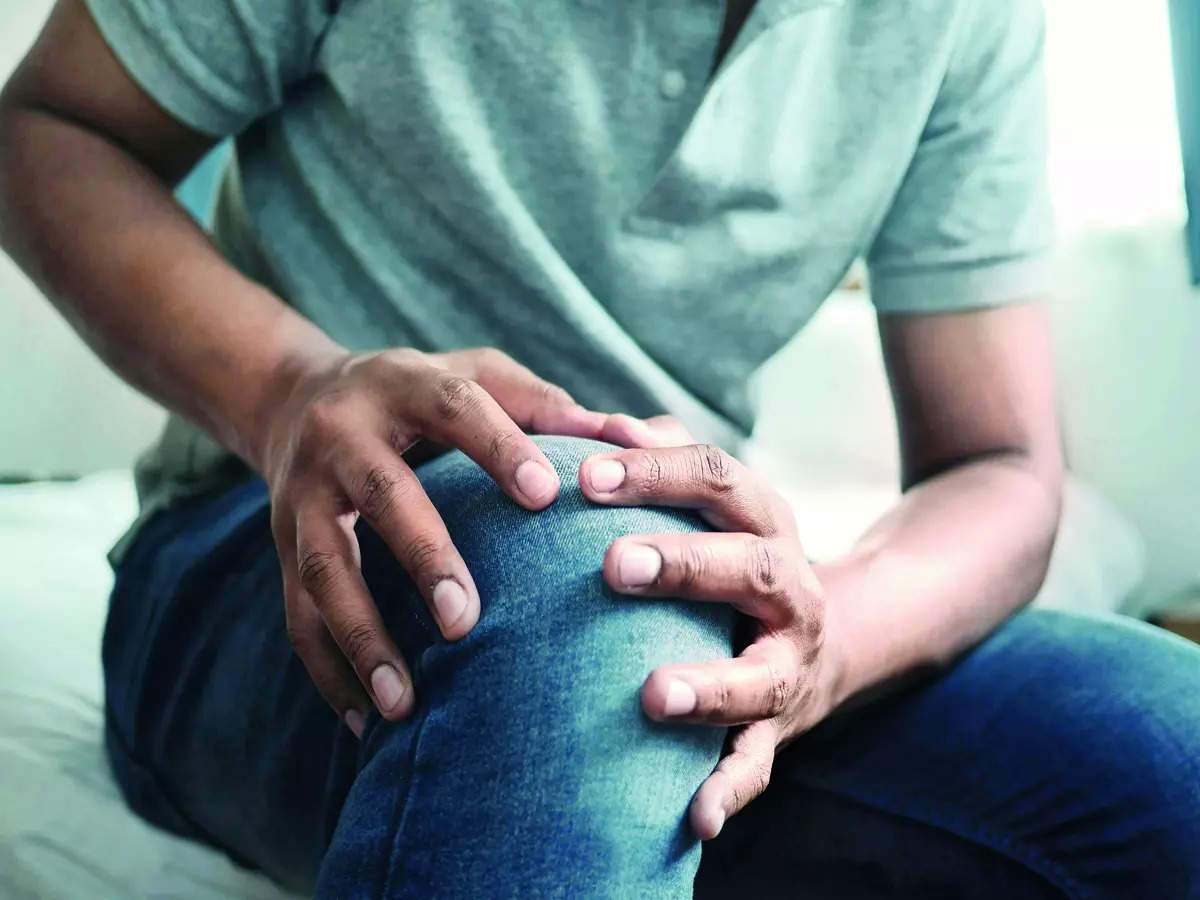
While Pune saw a sudden rise in Guillain-Barré Syndrome (GBS) cases, doctors in Bengaluru have assured that there is no need to panic; however, it is essential for one to practice good hygiene and healthy eating habits. Although GBS is a serious condition, experts reassure that timely treatment leads to recovery in most cases.
Doctors believe the sudden rise in cases may be linked to bacterial infections, particularly Campylobacter jejuni, which can be found in contaminated food and water.
“As of now, there have been no reported spikes in GBS cases in Bengaluru,” said Dr Shivakumar R, Head and Senior Consultant Neurology at Manipal Hospital, Sarjapur
Road.
What causes GBS?
Dr Pratham Bysani, Senior Consultant & Neurosurgeon at Vasavi Hospitals, explained, “GBS is caused when an infection, such as gastroenteritis or diarrhea, activates the body’s immunity, which then mistakenly attacks the protective coverings of the nerves, known as the myelin sheath.” The condition often starts with weakness in the legs, which can spread to the upper body and, in severe cases, affect breathing muscles, requiring mechanical ventilation.
While the exact cause of GBS remains unknown, it is often linked to infections. Dr Shivakumar said, “GBS can be triggered by viral infections such as influenza, Epstein-Barr virus (EBV), and Zika virus, as well as bacterial infections like Campylobacter jejuni, which is commonly found in contaminated poultry, undercooked meat, and unpasteurised dairy products.” He further explained that in rare cases, GBS has been linked to vaccinations, though the risk is significantly lower than that from infections. Other triggers include surgery, trauma, or bone marrow transplants, though these cases are less common.
Although GBS can affect people of all ages, it is more common in older adults. “The incidence of GBS increases by approximately 20% with every 10-year increase in age. People over 65 are at a higher risk of severe complications and longer recovery times,” Dr Shivakumar noted.
Preventive measures
“GBS can be prevented to some extent by general precautions such as drinking boiled water/bottled water, washing fruits and vegetables before eating, cooking poultry and meat, avoiding raw or undercooked food, especially salads, eggs, kebabs and seafood,” Dr Shivakumar added. “Treatment options include intravenous immunoglobulin therapy, which deactivates the immune response, and plasmapheresis, which removes harmful antibodies from the blood. Both treatments help prevent further nerve damage,” Dr Bysani explained.
